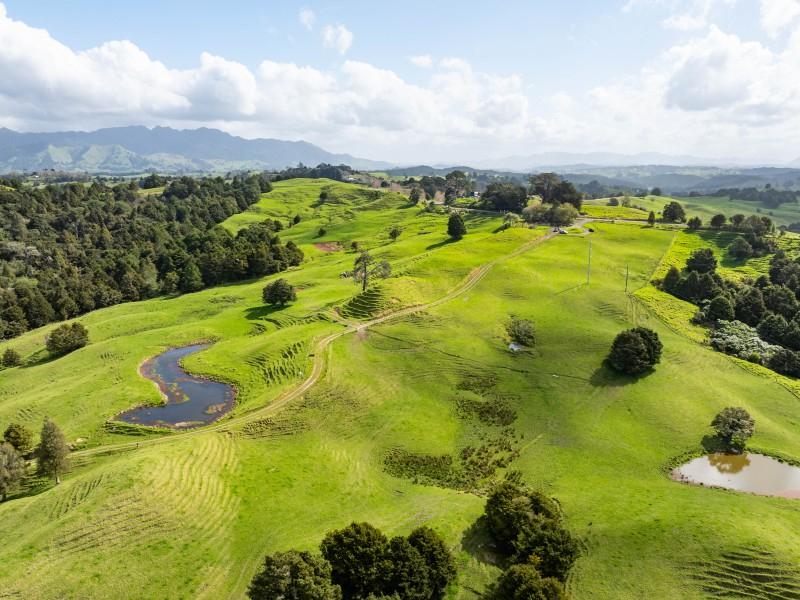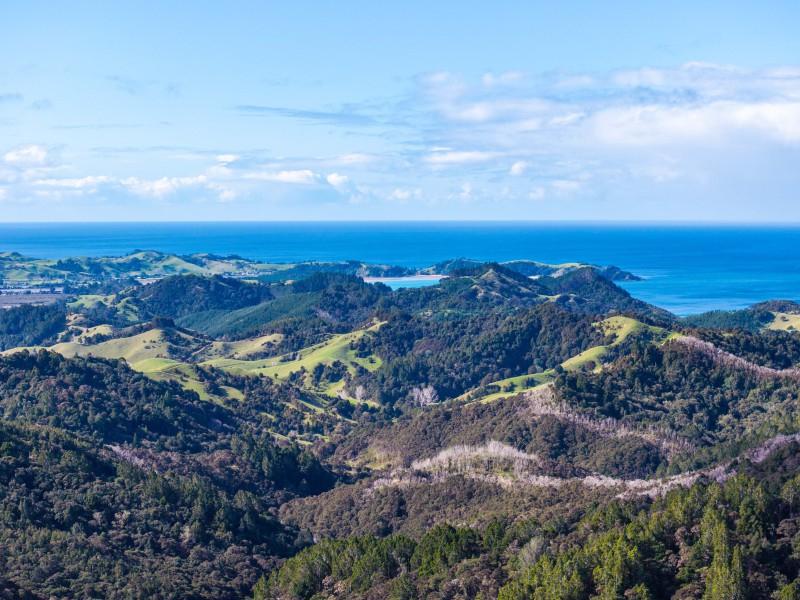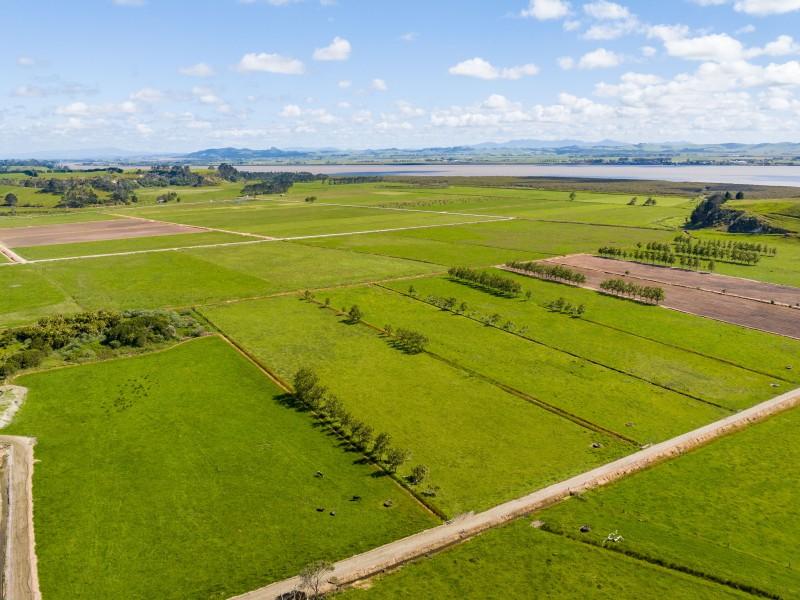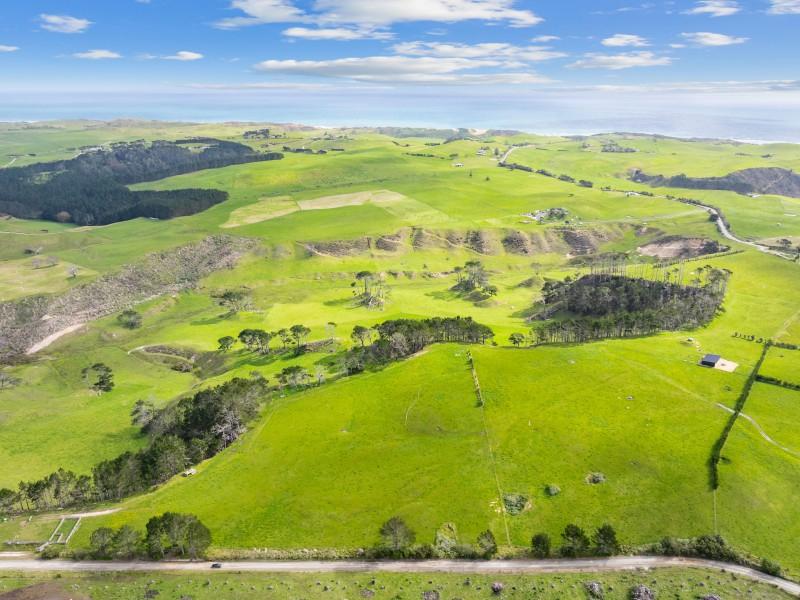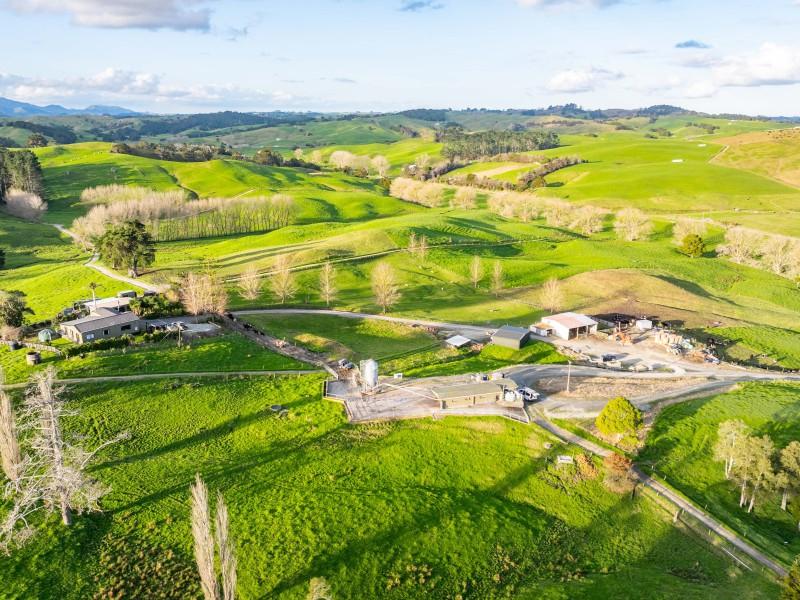Roadworks Season Kicks Off
More than 104 kilometres of Whangārei’s sealed roads will get fresh surfaces this summer, and one kilometre of new sealed road will be added.
Council has already started road upgrades and re-surfacing, making the most of the coming season of dryer weather and longer days.
Major roading projects have also kicked off for the summer roadworks season with Council widening Porowini Avenue Maunu Road intersections and the New Zealand Transport Agency working to improve the intersection of Tarewa Road and State Highway 1 near Tarewa Park.
Almost $40 million will be invested in transport maintenance and improvements between now and 1 July next year. This includes $1.1 million in road drainage improvements; $1.7 million to repair and replace structures; $3.8 million to rehabilitate sealed roads; $1.5m on shared paths, $2m on LED upgrades, $2m intersection improvements and just over $4.3 million of re-seals. Unsealed roads will also benefit from an $800,000 investment while $4.8 million of minor improvements will be completed across the network.
The rest of the work to be completed during the year, and over the next three years and decade is outlined in Council’s Long Term Plan.
Planned major roading projects include improvements to the southern entrance way to the city; the four-laning of Riverside Drive (2024-25); intersection improvements for One Tree Point Road (2021-22); and the upgrading of the intersection of Kioreroa Road and Port Road (2021-22).
Q: Why seal and re-seal?
The seal on a road is like paint on a house – it keeps the structure underneath dry, secure and sound.
But, like paint, it doesn’t last forever and requires maintenance and replacement to do its job properly.
Wear and tear, changes in temperature, rain and underlying ground conditions all mean the surface must be constantly maintained and repaired. There is no such thing as “once and for all” in the transport world.
Q: What if my road looks fine?
When the surface of a street starts to break down it is time to reseal. The ideal time to reseal is just before any damage occurs, so a road may still look to be in good condition. We aim to keep it that way.
Q: Didn’t they just do that bit?
Sometimes it can be frustrating to see road repairs happening in the same spots repeatedly. This is not because the road works are failing, it is because road surfaces are built in layers and that requires a number of repair stages be done in the right sequence.
Rather than doing all the stages in one spot, involving all the materials and equipment to be taken there, Council goes over the whole network doing one stage, then goes over again, doing the next stage and so on, until it is all done. It is more cost efficient this way.
Q: What is the chip seal process?
Minor repairs are carried out prior to resealing. The contractor will contact residents in the street about a week before work begins.
Hot bitumen is sprayed and stone sealing chips are spread and rolled in.
Excess sealing chips are swept away and road marking is reinstated a few days after sealing.
As many as three additional sweeps may follow in the next six months.
Sometimes contractors carry out staged repairs on roads one year, before the same section of road is resealed a year later.
Q: Why summer?
The drier months with longer days are better for building roads because the different layers that make up the roads stick better to each other when they can be kept dry. Longer daylight hours also mean more work can be done each day without lights, which is safer and less expensive.

Caution: This Riddle Will Make Your Brain Spin!
How do eight eights add up to one thousand?
Do you think you know the answer to our daily riddle? Don't spoil it for your neighbours! Simply 'Like' this post and we'll post the answer in the comments below at 2pm.
Want to stop seeing riddles in your newsfeed?
Head here and hover on the Following button on the top right of the page (and it will show Unfollow) and then click it. If it is giving you the option to Follow, then you've successfully unfollowed the Riddles page.

What workplace change would you like to see most?
This coming Monday is Labour Day in New Zealand. This public holiday marks when the eight-hour workday and 48-hour workweek became law in 1899. The idea started with Samuel Parnell, a carpenter in Wellington, who in 1840 refused to work more than eight hours a day. Since skilled workers were in short supply, his employer had to agree.
As more skilled workers arrived, employers tried to change working conditions, but Parnell and others kept pushing for better rights. In 1890, Parnell led a Labour Day parade of 1,500 people to promote the eight-hour day. He passed away shortly after, and nine years later, Labour Day became an official public holiday.
Do you feel that we have reached the ideal in working environments yet? What rights are you passionate about relating to employment? Share your thoughts!
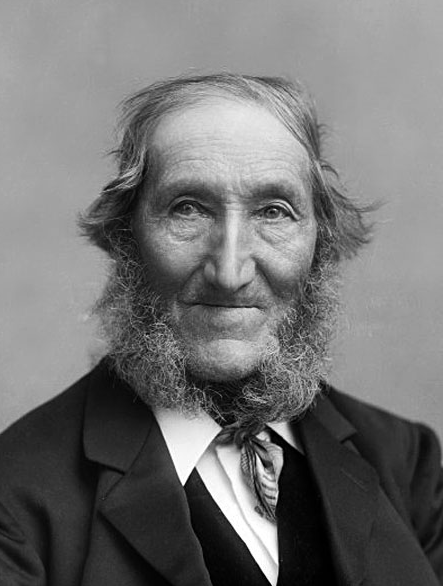
Poll: Does grocery bagging affect where you shop?
There's only a few differences between our larger chain supermarkets here in New Zealand. Having someone bag your groceries is one of them.
Does having your groceries packed for you at the checkout influence where you do your grocery shop? If so, tell us why.

-
23.7% Yes
-
75.6% No
-
0.7% Other - I'll share below
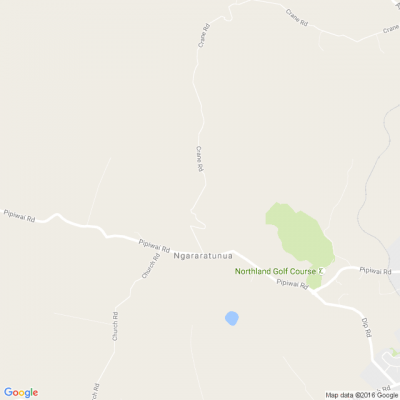
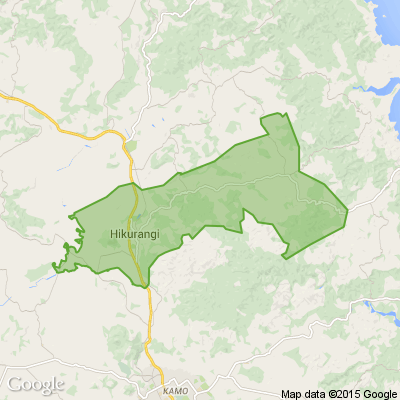





 Loading…
Loading…